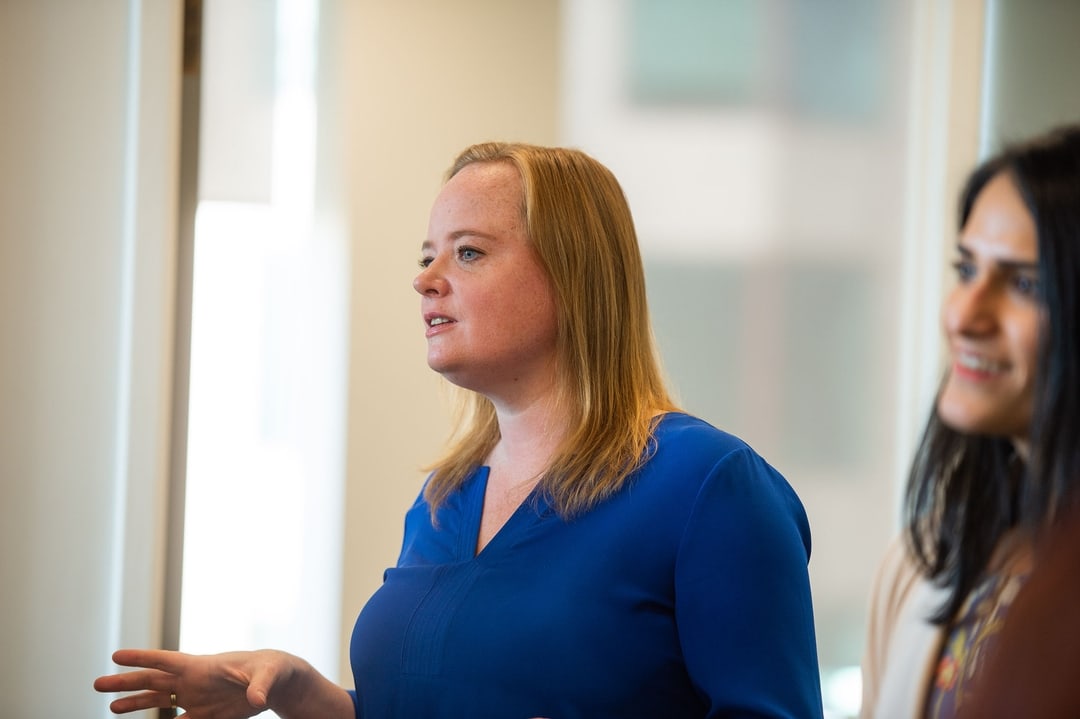Mediation is an option that many separating couples are choosing these days. Sometimes couples will jointly retain a mediator at the beginning of their process and attend with the mediator on their own, retaining lawyers only to provide independent legal advice (what lawyers call ILA) before signing the mediated agreement. However, many others prefer having legal counsel attend and advocate for them at mediation.
You may employ a mediator part way through the litigation process when the cost of a lengthy trial is not only undesirable but also irrational. Or you may choose mediation as a first step, committed to avoiding the excessive cost and stress of the court process.
If you have agreed to mediate with lawyers present or have been served with a Notice to Mediate, there are some important things to know:
- The lawyers will be doing much of the “heavy lifting” before the mediation. You will be asked to collect documents, consider having property appraisals or business valuations completed in advance, and meet with your lawyer to discuss settlement options. Your lawyer will likely prepare a mediation brief to inform the mediator and your former spouse’s lawyer of the issues and what you are proposing. The more prepared everyone is, the more likely you will reach an agreement, so do your homework and know you will incur some legal fees at the preparation stage.
- A mediation with lawyers present is often limited to one day. Since that one day can often be long (see #4 below), if you have health concerns or limitations, don’t be afraid to ask for two shorter days. Because the work has been done upfront, you will be expected to be able to make decisions on the day of the mediation about your children and/or your finances.
- Even if you have had a lawyer assisting you with preparation and speaking on your behalf, YOU are the decision maker. In fact, most mediators will ask the lawyers to take a step back and allow their clients – you and your former spouse – to take the lead in discussions and brainstorming. You are the experts on your circumstances, your children, your assets, your debts, your needs and your hopes for the future. The lawyers and mediator each play their role, but you are in the driver’s seat. Some lawyers are still learning how to turn off their adversarial mindset in order to help you negotiate and settle your matter. Prior to mediation, be sure to talk with your lawyer about how your voice will be heard in the mediation process.
- The mediation day can be long and challenging. When it is appropriate, a mediator may decide to “caucus”, meaning that she or he will meet with you and your lawyer separately from your former spouse. Some mediators practice only “shuttle mediation”, keeping the parties in separate rooms throughout the entire mediation and “shuttling” between rooms. While taking breaks and caucusing can be beneficial, and may be necessary in serious situations of power imbalance or family violence, don’t discount the importance of having face to face conversations, particularly about issues related to your children.
- Because the mediation day can be quite expensive (since in this model you pay your lawyer’s legal fees and half of the mediator’s fees), some clients can feel pushed or even bullied into an agreement. Be sure to take the time you need. It is more important that your agreement is durable, long lasting and something that you can live with than that the day was “successful”. There is nothing wrong with reaching a tentative agreement and then taking some time to “sleep on it” or speak with an important person in your life. Just be discerning. Don’t allow an angry family member or friend to derail all of the hard work you did at mediation because they don’t understand your reasons for compromise.
Lawyers at Connect Family Law attend mediation with our clients on a regular basis. We can recommend mediators based on the issues or personalities involved in your family matter. If you have financial limitations, you can even retain one of our lawyers to simply attend mediation with you, rather than assisting with all aspects of your case. Let us walk through this process with you.
If a friend, family member or colleague might be attending mediation in the near future, please share this post with them!
You can also watch my video blog, Attending Mediation with Lawyers Present, here.
